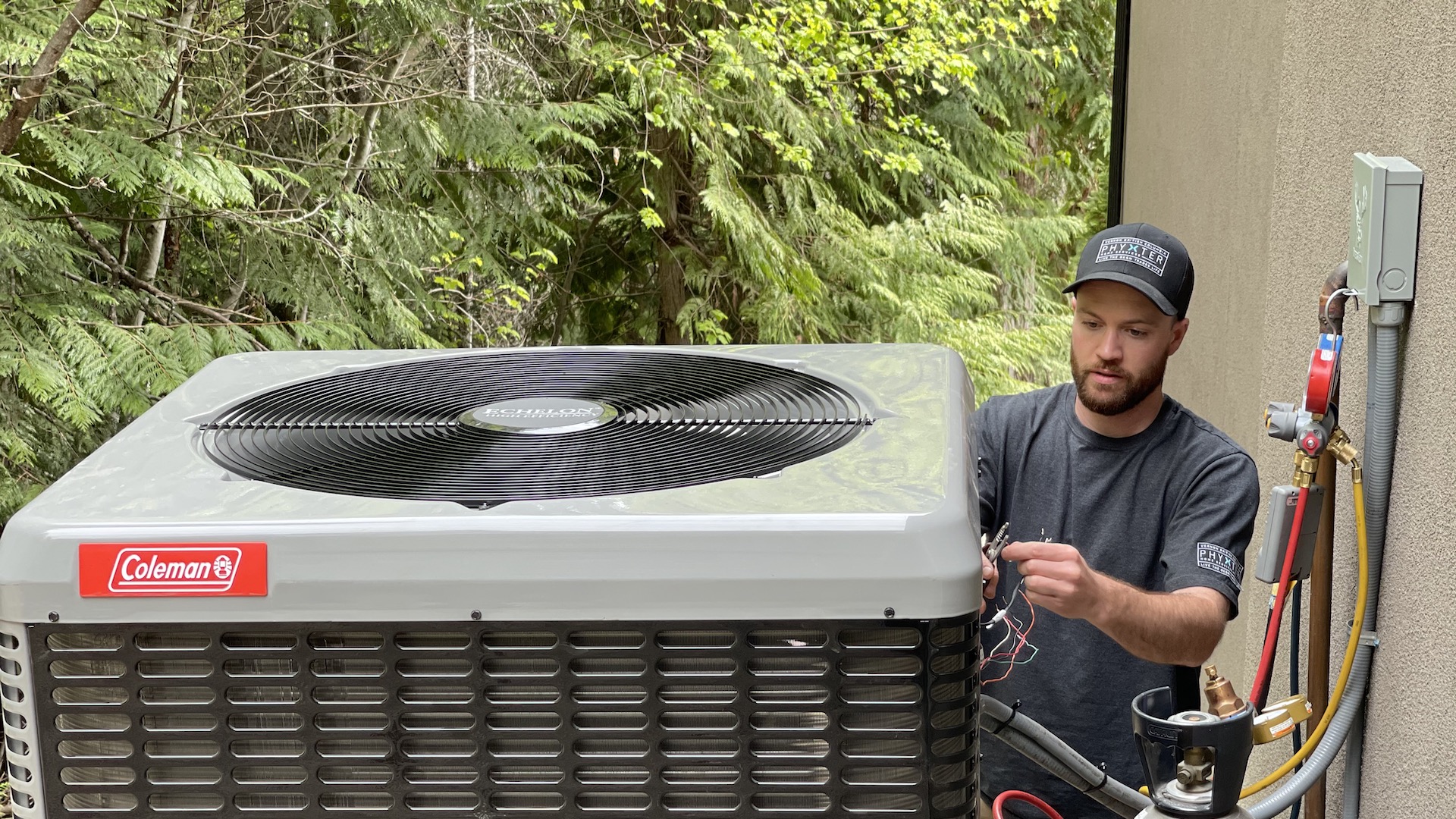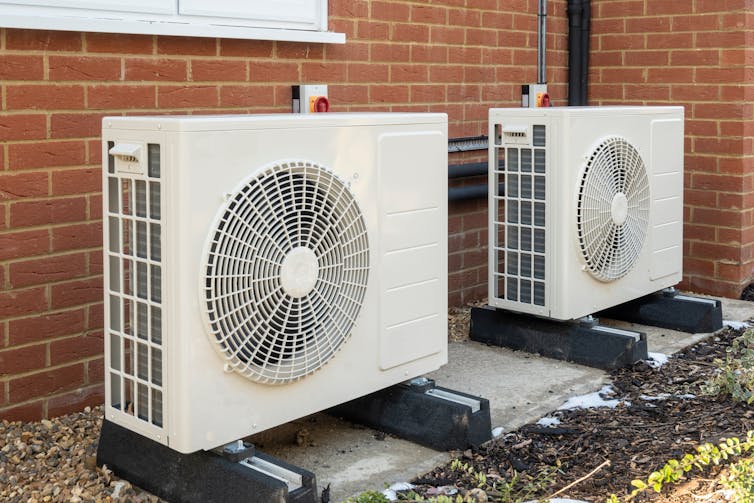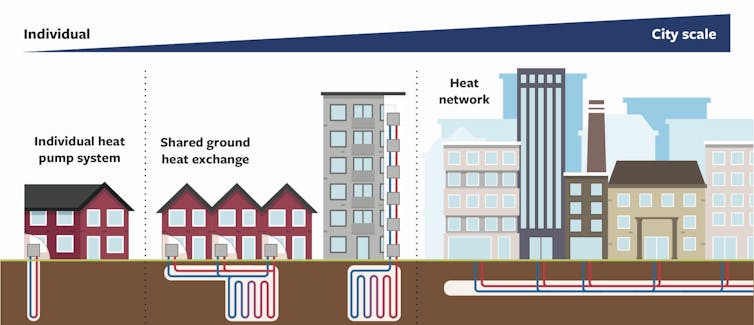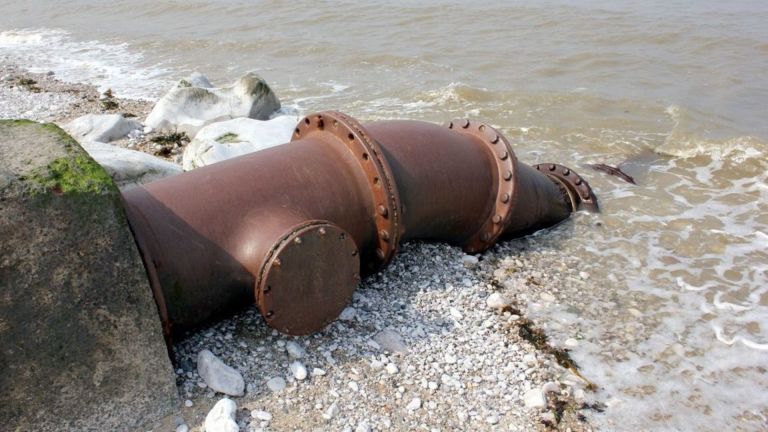From spiralling fossil fuel prices and volatile supply chains to the worsening climate crisis, there has never been a better time to stop heating homes with natural gas. The UK has the chance to replace as many gas boilers as possible before another winter of punishing heating bills descends. But if, like me, you long to keep your house warm and comfortable while keeping costs as low as possible, it can be difficult to know what the best solution is.
Replacing a gas boiler with a heat pump is a good solution for many homes. Like a fridge in reverse, heat pumps take energy from either the air or ground and run a compressor using electricity to turn this into heat and hot water.
But what if you lack the outside space necessary, like residents of many terraced houses or apartments? Ground source heat pumps need some space for a borehole or a horizontal trench, while air source heat pumps are best installed where their noise won’t disturb those who like to keep windows open at night. An alternative is a district heat network, which channels waste heat from power stations or other industrial sources to homes and businesses, but they are most useful in dense urban areas where people live close to large sources of heat.
Shared ground heat exchange is another heating system you’re less likely to have heard of, but one report suggests it could be eligible in 80 per cent of UK homes. In common with ground source heat pumps, a shared ground heat exchange uses electricity to turn low-grade heat from boreholes into a cosy home with plenty of hot water. A street which had recently installed a shared ground heat exchange would show no sign of it, but each home would be connected to a set of shared boreholes that draw heat from the ground.
These can be installed well away from the houses and linked to them through a pipe running under the pavement. This gets around the need for each home to have outside space. Instead, each house would need a small heat pump of a similar size to a conventional gas boiler, which should fit snugly under most staircases or in an airing cupboard.
Shared ground heat exchanges can also return heat to the ground in summer, where it can be extracted later in the year, cutting the size and cost of installation.











